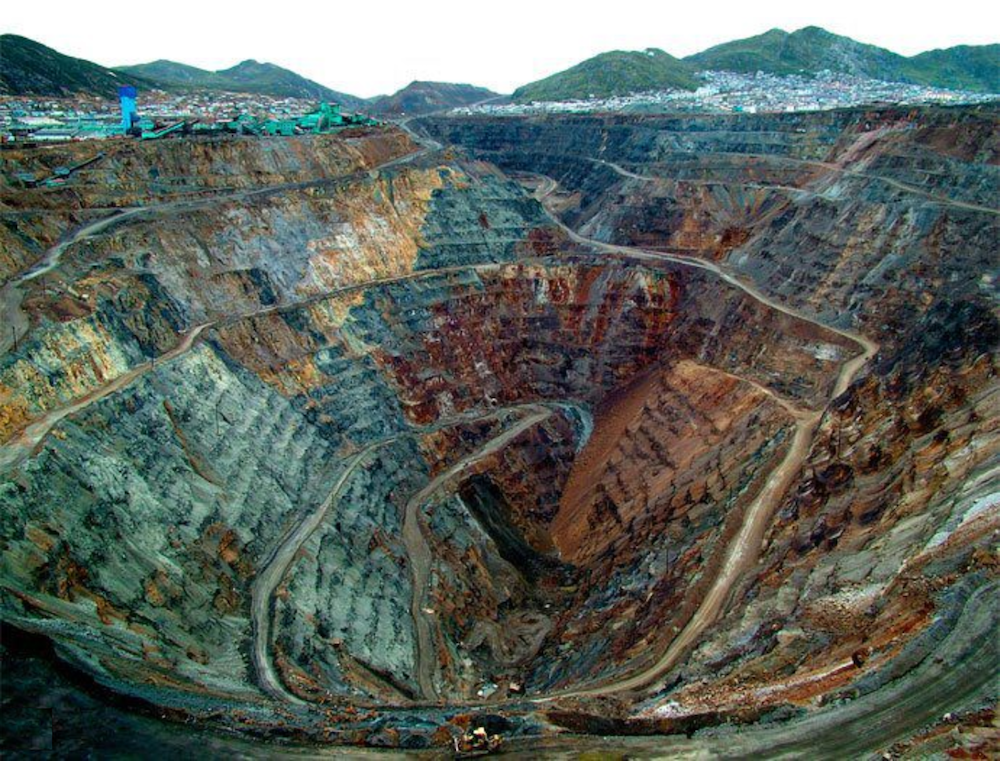
Graciela Karina Reátegui Mori
Graciela Karina Reátegui Mori is the first woman President of the Federation of Native Communities of Ucayali and Tributaries (FECONAU). She is originally from the Shipibo-Konibo Korin Bari community and has been involved with the defence of indigenous peoples’ territories of the Ucayali region in the Peruvian Amazon throughout her life. She is a member of the FECONAU since 2020, where she started by leading the Woman Program in which she worked in strengthening the political participation and leadership of indigenous women.
Communities of the FECONAU have been facing for more than ten years the presence of Ocho Sur, an oil palm company that was installed in the indigenous territories without consultation. The leaders of the FECONAU have faced harassment, persecution and criminalization actions initiated with the support of Ocho Sur. Due to her leadership in resistance actions and reporting the impact of oil palm monoculture, Graciela Karina Reátegui Mori has faced two baseless criminal complaints for coercion and harassment. With the support of lawyers and allied organisations, her first process was closed due to lack of evidence, but the process for harassment has been dragging on for more than two years, reflecting the discrimination and persecution of her leadership as an indigenous woman.

